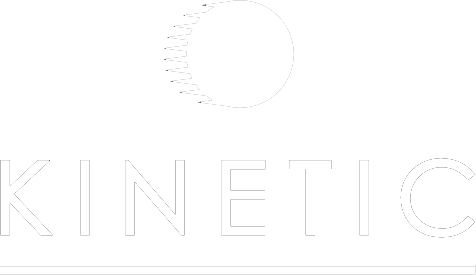What is acupuncture?
Acupuncture and acupuncture-like techniques are thought to have been used for over 5,000 years. In recent decades more scientific research has been carried out, however, there is still much more to be done to understand its true potential.
Traditional acupuncture (also called Chinese acupuncture) aims to bring balance to the body’s energy flow, known as qi (pronounced chee). According to traditional Chinese medicine, this energy flows through meridian channels, a bit like a network of rivers within the body. When the body’s energy becomes blocked or stagnant, it is believed to cause physical and mental illnesses.
Stimulating certain meridian points on the body with fine needles is therefore thought to help unblock energy, helping to restore balance and flow.
Western acupuncture (also referred to as medical acupuncture) is an adaptation of traditional acupuncture. It still uses fine needles inserted to stimulate the body’s natural healing abilities, however it does not adhere to concepts of qi or yin/yang. Rather than an alternative medical system, Western acupuncturists regard their practice as part of conventional medicine.
What can acupuncture help with?
While acupuncture is thought to be helpful for a range of conditions, it is perhaps most commonly used for pain-related problems. The National Institute of Health and Care Excellence (NICE) currently recommends acupuncture as a treatment option for migraines and chronic tension-type headaches.
Other conditions that are not officially recommended by NICE, but are often treated successfully include:
Chronic pain (for example, neck/back pain)
Joint pain
Dental pain
Postoperative pain
Many practitioners also believe the treatment can support overall well-being, mental health, and can work as a preventative to future illness.
What to expect in a session
In your initial session, you’ll talk with your practitioner about your medical history and have a short physical examination. Then the acupuncture will begin.
Wear comfortable clothing and bear in mind that many acupuncture points are located on the lower arms and legs. The needles used are very fine and usually a few centimetres long. They will be single-use, pre-sterilised and disposed of immediately after use.
Will it hurt?
You may feel a dull ache or even tingling when the needles are inserted, but you should not feel significant pain. If you do, tell your practitioner.
If carried out by a qualified practitioner, acupuncture is very safe. If you have a bleeding disorder, do discuss this with your GP and acupuncture practitioner. If you are pregnant, you can still have acupuncture, just be sure to let your practitioner know as certain points on the body are not safe to use during pregnancy.
How will I feel after?
Most people report feeling very calm and relaxed after an acupuncture session. Some even fall asleep during treatment, so do keep this in mind and avoid any vigorous activities after your session. Ideally, you should give your body time to relax and process.
